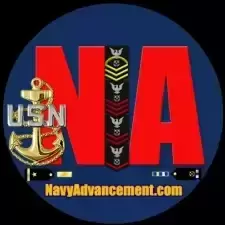LOSS OF AMRDEC SAFE
-
👉 Latest News
-
- 0 replies
- 130 views
-
Navy-Marine Corps Relief Society Opens Applications for 2025-2026 Education Assistance Program
By Tony, in Navy College Education & Training Forum
- 0 replies
- 189 views
-
- 0 replies
- 311 views
-
Female sailors can now purchase new dress overblouse, Navy announces
By Tony, in Navy Evals, Awards, PRT, Uniform & Grooming
- 0 replies
- 525 views
-
- 0 replies
- 636 views
-

Recommended Posts
Join the conversation
You can post now and register later. If you have an account, sign in now to post with your account.
Note: Your post will require moderator approval before it will be visible.